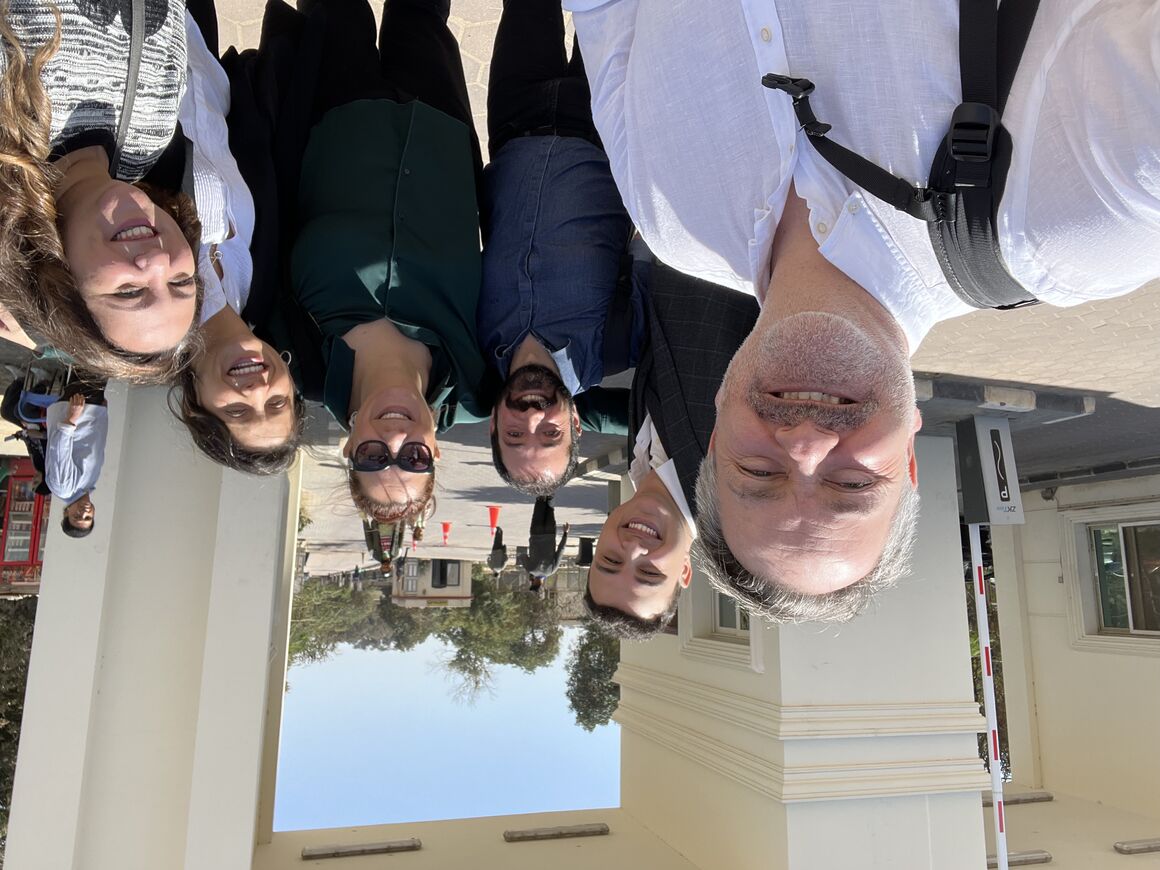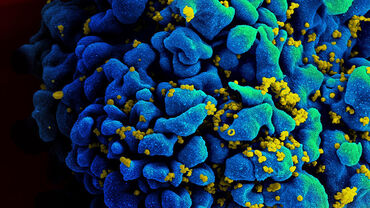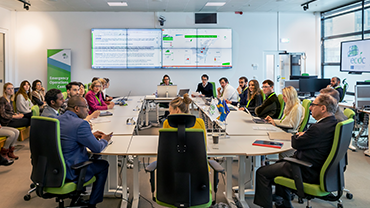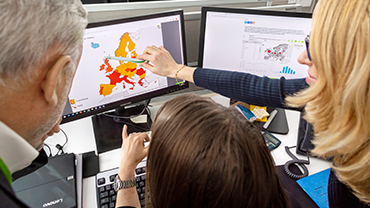ECDC, Cyprus, and Egypt strengthen collaborative ties in HIV prevention and control
In a bid to enhance collaboration and share best practices in HIV prevention and control, representatives from the European Centre for Disease Prevention and Control (ECDC), Cyprus, and Egypt convened in Cairo for the first Exchange of Experts meeting in 2024.

Facilitated by the Egyptian Ministry of Health and Population (MOHP), the visit aimed to foster dialogue and cooperation among stakeholders working towards combatting HIV/AIDS. Kicking off on 20 March 2024, the agenda commenced with introductory remarks from Egyptian officials, ECDC representatives, and delegates from Cyprus.
Egyptian representatives provided an overview of the country’s ongoing efforts towards HIV prevention and control. They offered insights into Egypt’s AIDS programme, outlining its strategies to mitigate the spread of HIV.
ECDC officials contributed with valuable insights into international best practices, emphasising the importance of collaborative approaches. Discussions centred on evidence-based treatments like opioid agonist therapy for people who inject drugs, underlining the significance of harm reduction strategies.
The second day featured field visits to key institutions, including the Al Abbasia ART Center and the UNAIDS Egypt country office. These visits offered participants firsthand exposure to HIV/AIDS interventions and programme implementation. At the Al Shehab Institution for Comprehensive Development, attendees gained insights into the institution’s services, further broadening their understanding of Egypt’s national HIV/AIDS response efforts.
The exchange visit concluded with a commitment to intensify collaboration and shared learning. The gathering underlined the vital role of international cooperation in addressing the HIV/AIDS epidemic.
Background
Under the framework of the EU Initiative on Health Security, ECDC and EU Member States have set up an Exchange of Experts programme to provide experts from European Neighbourhood Policy (ENP) partner countries with opportunities to learn from the experiences of EU Member States within specific disease areas and, in turn, share their own experiences.







